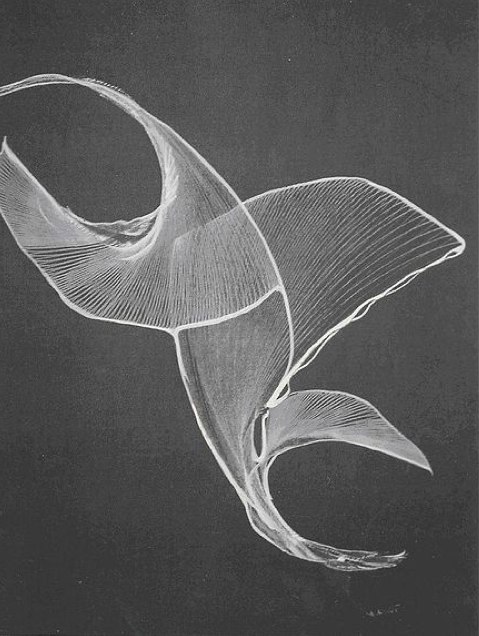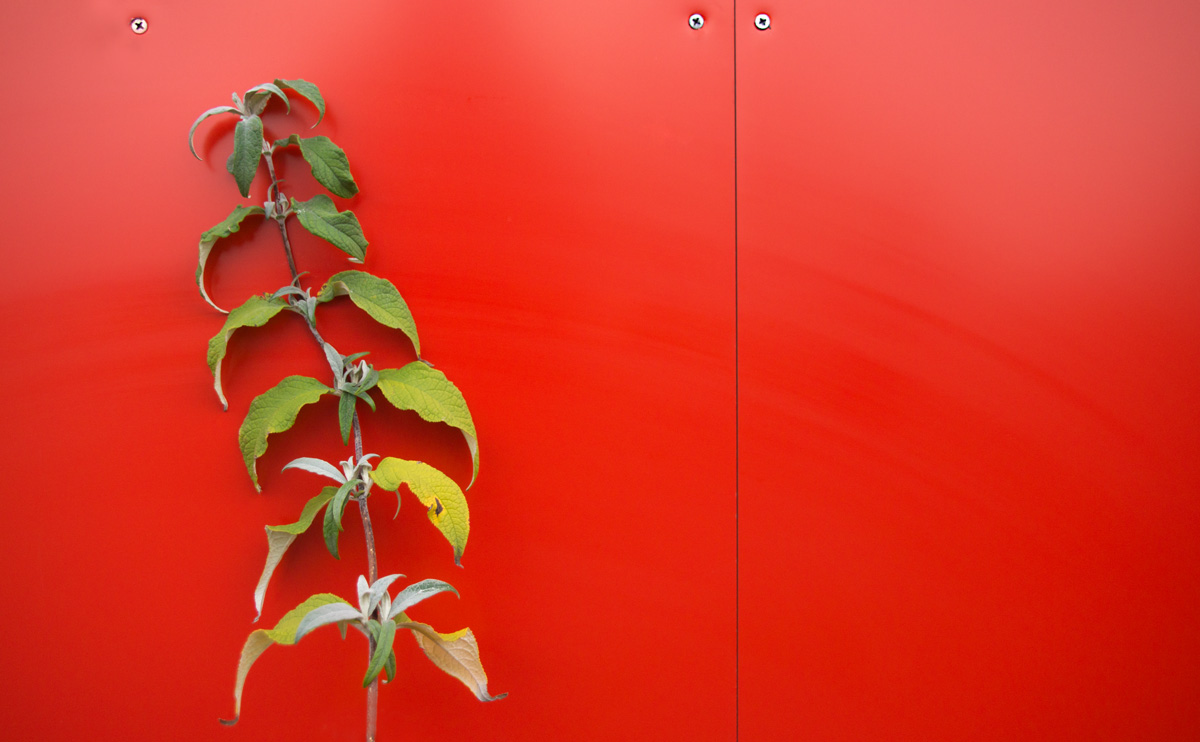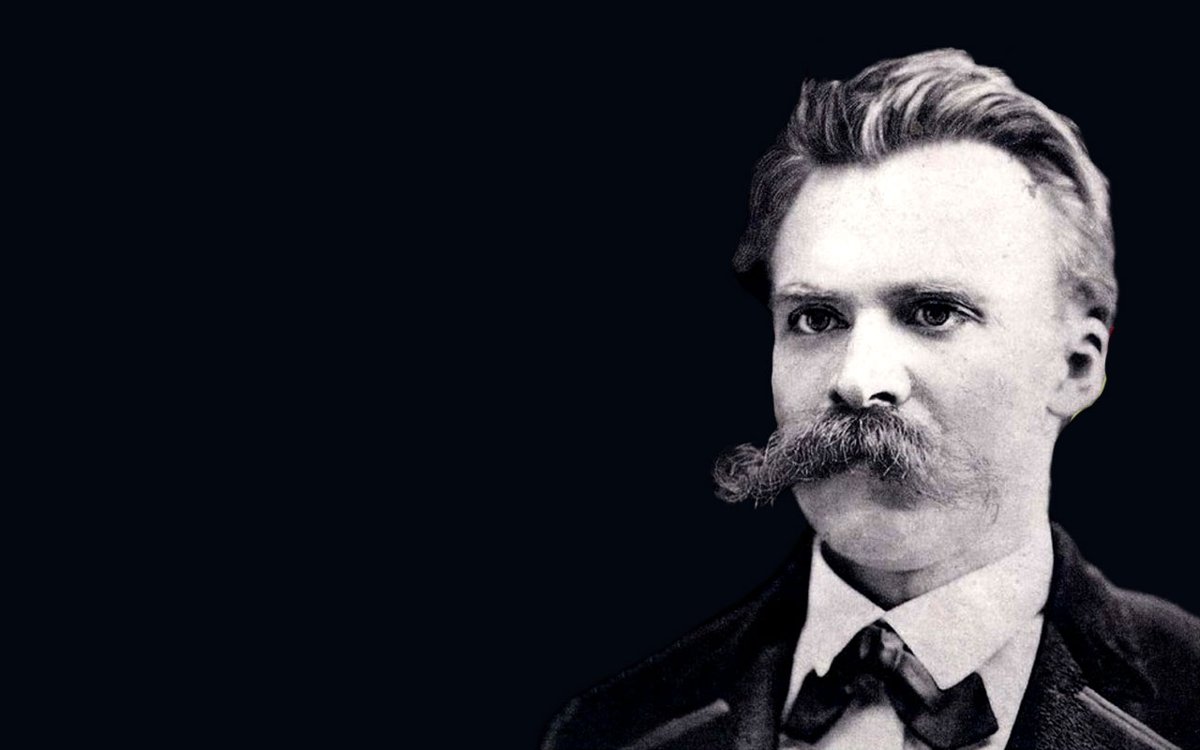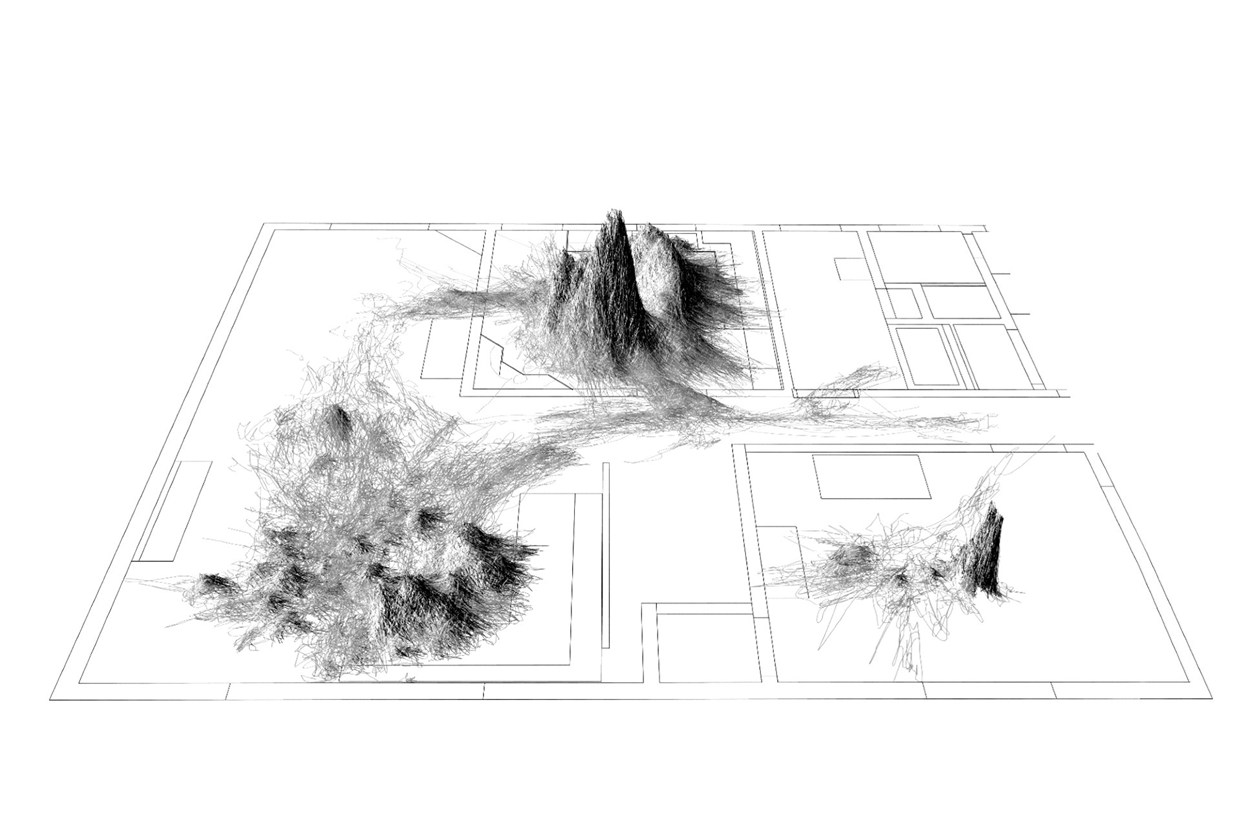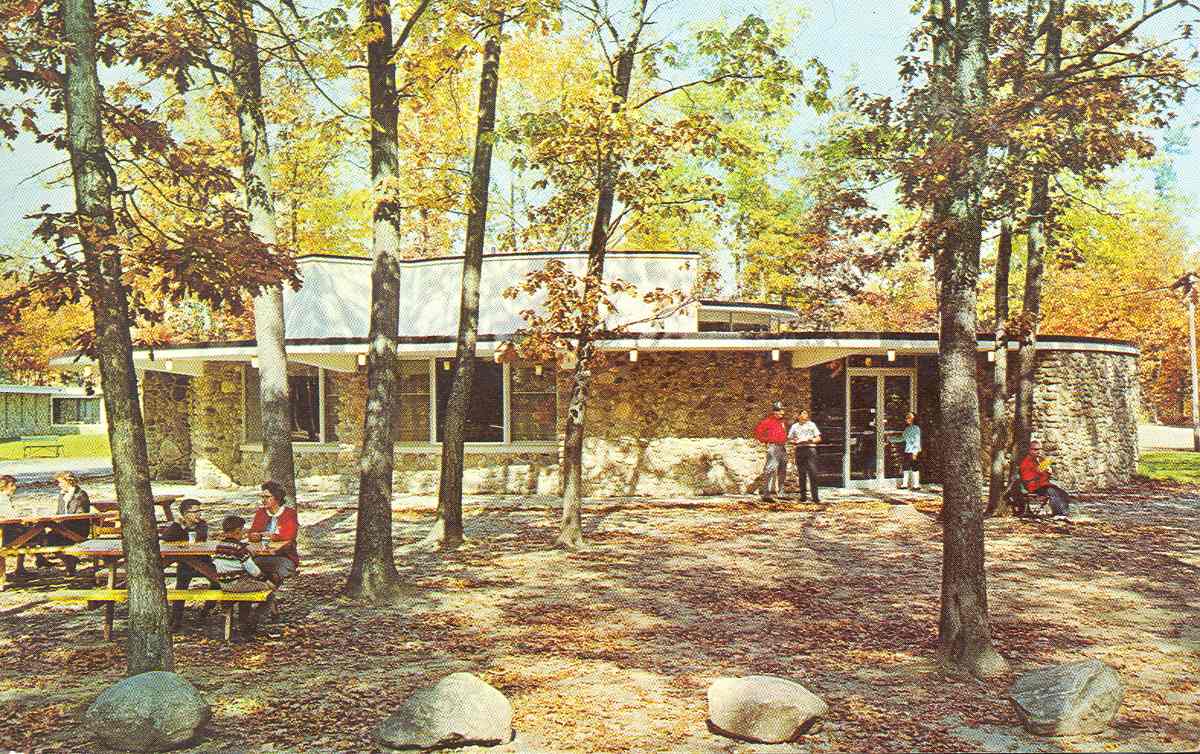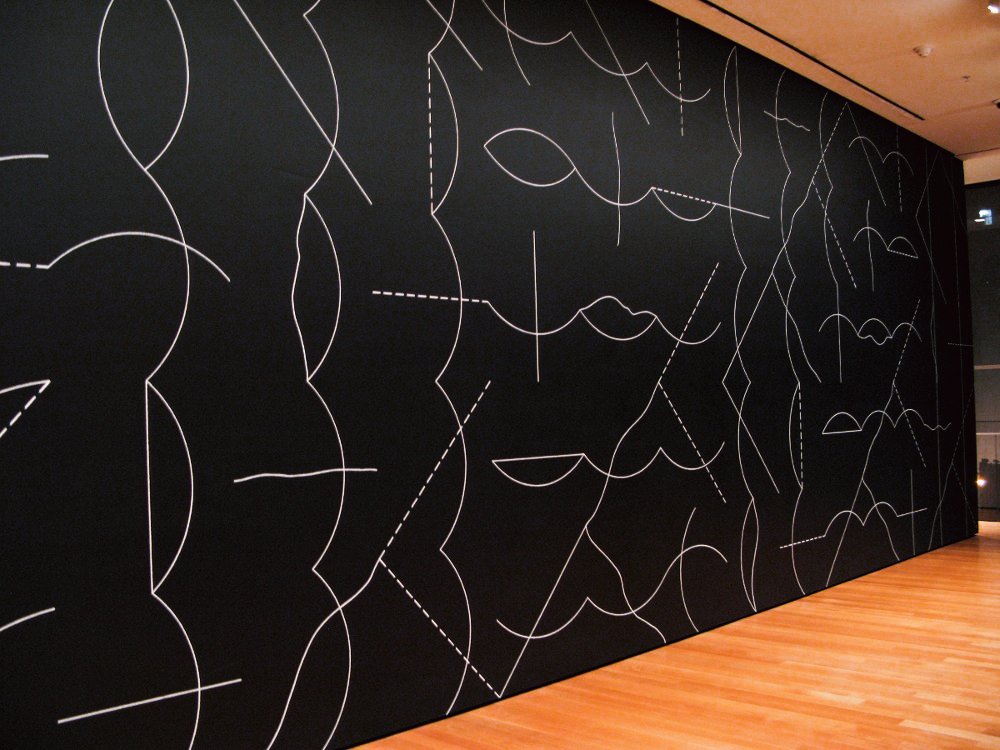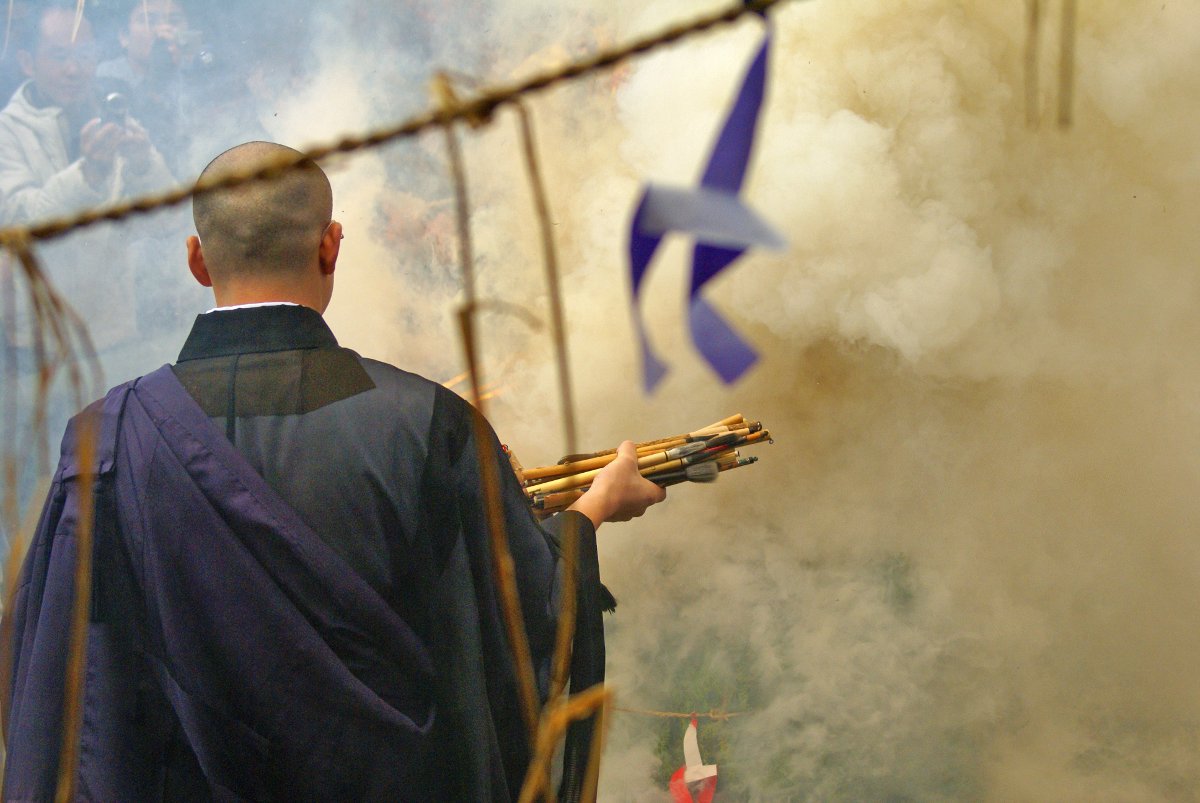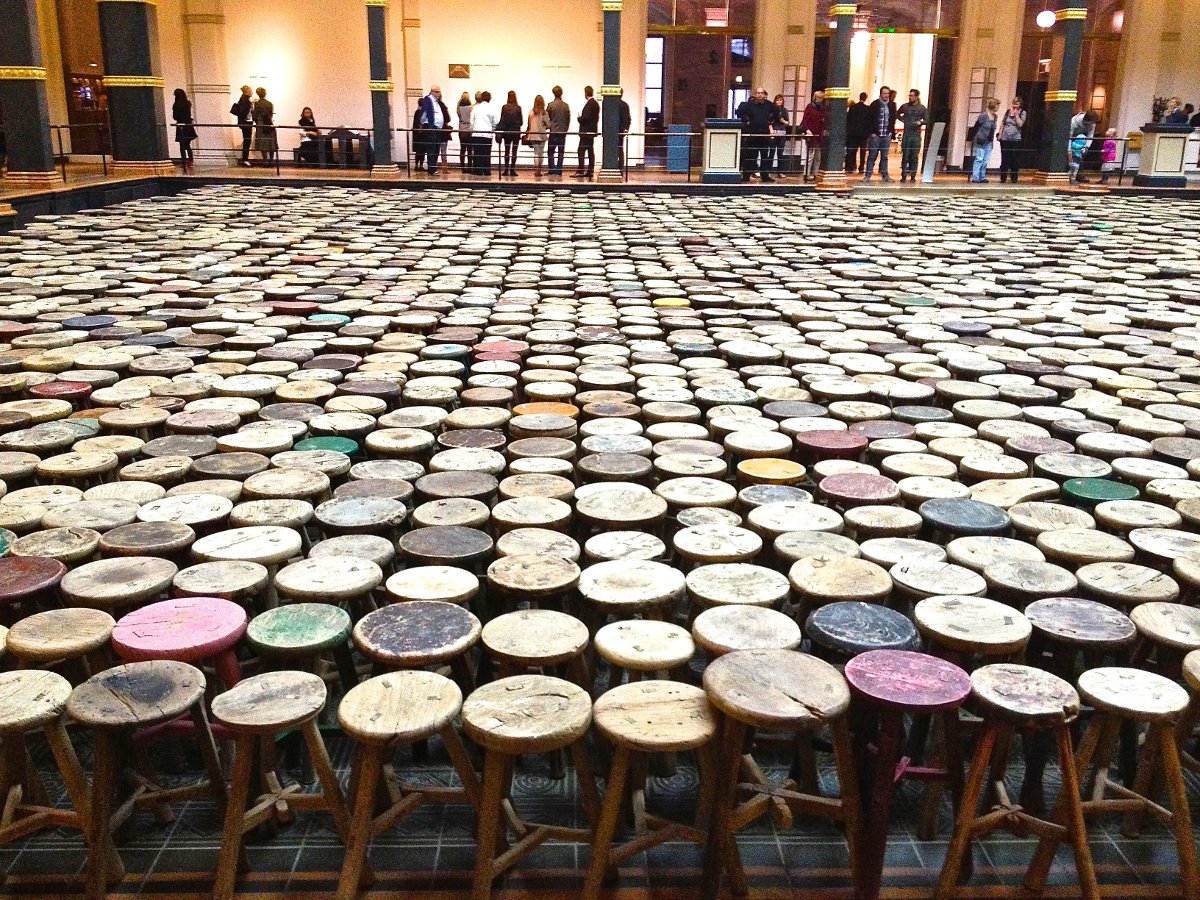Blog Posts — Page 15
Timelessness and Transcendence
“This trip had dimension and tone. It was a thing whose boundaries seeped through itself and beyond into some time and space that was more than all the Gulf and more than all our lives.” -John Steinbeck, The Log from the Sea of Cortez We just returned from the Sea of Cortez on a trip with National Geographic to watch the whales migrate from the tip of Mexico to the Bering Strait. The beauty of Read More
Delusion and Discrimination
Ezra, my 4 year-old grandson, has a favorite expression: “I NEED IT, RIGHT NOW!!!!” “It’s not fair when I don’t get what I want” is a common lament we often hear from people of all ages. Employees at corporations who are in the top 1% of all wage earners frequently complain that they should be making as much or more than their peers. After all, “isn’t it obvious that my performance is far better than Jane’s?” Family members Read More
The Many Sides of Extremism
I just finished two books that shed new light on service and sacrifice and put them in perspective. The first, Strangers Drowning, discusses multiple examples of moral extremism; the second, When Breath Becomes Air, describes the experience of a 37-year-old Stanford neurosurgeon who died of cancer the year he finished his residency and was about to embark on a stellar career. In Strangers Drowning, Larissa MacFarquhar shares the stories of people who broke all norms and Read More
Predators, Panderers, and Peacemakers
I’m a bit of a movie nut. I try to see at least one movie per week. Of the dozens I saw in 2015, there were four films that graphically illustrated the prevalence of plunderers and predators and reinforced my movie habit because they were so powerful, poignant, and provocative. Since I’m posting this article on Christmas Day, I thought it would be appropriate to balance the dark views of society portrayed in these films Read More
The Dance
“At the still point of the turning world, there the dance is—and there is only the dance. Yet the enchainment of past and future, woven in the weakness of the changing body, protects mankind from heaven and damnation which flesh cannot endure. Time past and time future—allow but a little consciousness.” –T.S. Elliot Lynnda Pallio vividly describes those wondrous still points in poetic prose in her multiple-award-winning new book, Trusting the Currents. Trusting the Currents Read More
Shifts and Surges
In his 2015 book, The Great Surge: The Ascent of the Developing World, Steven Radelet makes a powerful argument about sustaining global economic progress in the future. The book is a well-crafted antidote to today’s pessimistic views that the world is going in the wrong direction and heading for an inevitable catastrophe. In light of the alarming news about climate change and radical Islam, Radelet provides a refreshing perspective: not only have we seen dramatic Read More
Cultural Captivity
As I grow older I see the world with a different set of glasses. As I observe more closely, I see that context is more important than content, and that we are all held captive by our cultures. Here’s a jarring example to make the point. Imagine what might go through the mind of an Israeli police officer confronting a Palestinian teenager furiously throwing rocks at him. Without taking into account the conditions and history Read More
Religion: For Better or For Worse
And it seems such a waste of time If that’s what it’s all about Mama, if that’s movin’ up then I’m movin’ out And if that’s what you have in mind Yeah, if that’s what you’re all about Good luck, moving up, ‘cause I’m movin’ out —Billy Joel In psychology, there is a body of work that suggests that confrontation may at times be necessary for change, but it is never sufficient. Similarly, one might Read More
Slow Dancing
Remember being back in high school and waiting for the slow dances to play so you could cuddle closely with your friend and enjoy the sweetness of the connection? And how sweet it was. Wouldn’t it be wonderful to be able to create that magical moment without going back to the teenage angst that overwhelmed those tingling feelings? An ever-increasing percentage of people are finding that meditation is one way to capture that feeling of Read More
A Tribute to Old Friends and New
There’s a comfort in old friends. It’s a warm, easy comfort that is somehow different from the new. There’s no posing, pretending, or pandering. There’s no need for anything other than relaxing in the joy of connection and in being who you are. There is no fooling an old friend. There is a fullness and richness in conversations with old friends. The long histories and specific details of trials, triumphs, and tribulations enrich the re-telling Read More
Labels, Limits, and Levels
Dr. Bill Anthony, the highly respected, world-renowned, executive director of the Psychiatric Rehabilitation Center at Boston University, initiated classes with new students by throwing the DSM into the waste basket. This dramatic statement was intended to communicate to people entering the mental health field that labels limit our ability to see the potential and possibilities of another human being.
Selecting Coaches
Forty years ago, I wrote my doctoral dissertation on the selection of counselors for public high schools. I didn’t write it to create a career-defining, landmark study. I wrote it to check off a box for the completion of my doctoral degree in counseling psychology. Little did I know that the profession of coaching and counseling would explode in the next century. Now, practically everyone either has a coach or is a coach. The question Read More
Step Back
In 2013, Sheryl Sandberg’s Lean In became a massive cultural phenomenon, and its title became an instant catchphrase for empowering women. The book soared to the top of best-seller lists both nationally and internationally, igniting global conversations about women and ambition. Sandberg packed theaters, dominated op-ed pages, appeared on every major television show and on the cover of Time magazine, and sparked ferocious debate about women and leadership.
Stages and States
I just completed an on-line course through MindValley Institute entitled “Beyond Seeking” taught by Ken Wilber, whom I mentioned in my last post. The course triggered so many ideas that I wanted to filter them through my lens and write a post. So here it is. As the title of this post indicates, throughout our lives, we can experience many stages and many states. In my last post, Spiritual Awakening, I constructed scales for Wilber’s Read More



